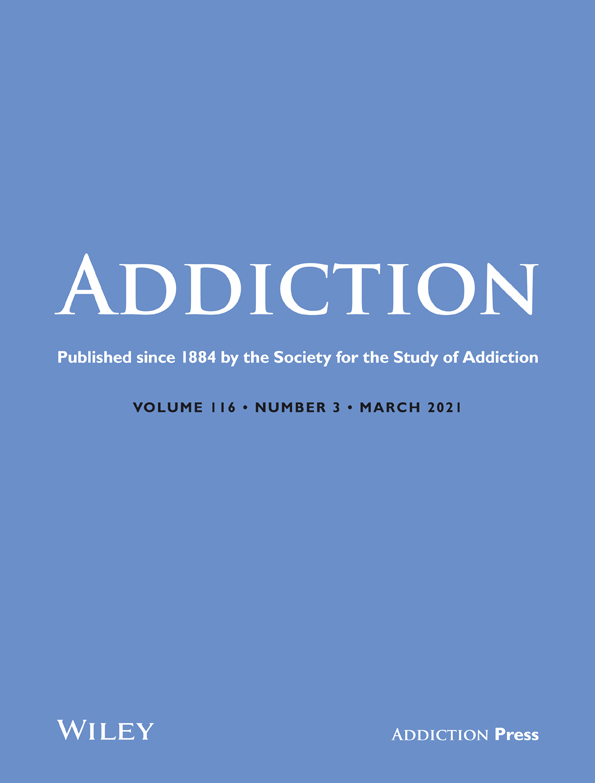Telephone-based motivational interviewing enhanced with individualised personality-specific coping skills training for young people with alcohol-related injuries and illnesses accessing emergency or rest/recovery services: a randomized controlled trial (QuikFix)
ABSTRACT
Background and Aims
Recent meta-analyses of motivational interviewing (MI) for reducing risky alcohol use in young people have reported modest effects. Few studies have targeted individual patient factors to increase MI effectiveness. This study determined if MI enhanced with individualised personality-specific coping skills training (QuikFix) was more efficacious than standard MI or an assessment feedback/information (AF/I) control among young people with alcohol-related injuries or illnesses.
Design and Setting
Single-centre, single-blind, three-group superiority randomized controlled trial with 1-, 3-, 6- and 12-months follow-ups. Telephone intervention, Brisbane, Australia.
Participants
A total of 398 young people (16–25 years; M age = 20.30 years, SD = 2.12; 54% female) with alcohol-related injuries and/or illnesses were recruited from an emergency department (ED) or rest/recovery service (RRS).
Measures
The primary outcome was total standard (10 g ethanol) drinks in the past month (Timeline Follow back [TLFB]) at 12 months (primary time point). Secondary outcomes were total drinking days and standard drinks per drinking day (TLFB) in the past month and the frequency of alcohol-related problems in the past 3 months (Rutgers Alcohol Problem Index).
Interventions
Young people were randomized to two sessions of QuikFix enhanced with individualised personality-specific coping skills training (n = 132), two sessions of MI (n = 136) or one session of AF/I (n = 130), all delivered by telehealth.
Findings
QuikFix resulted in greater reductions (all P < 0.0017) in the primary outcome of total standard drinks (M = 19.50, CI 99.75% = [11.31, 27.68]) than both MI (M = 32.61, CI 99.75% = [24.82, 40.40]; Cohen's D = 0.40) and AF/I (M = 34.12, CI 99.75% = [26.59, 41.65]; D = 0.45) at 12 months (retention n = 324/398, 81%). QuikFix had greater reductions on drinking days (M = 3.16, CI 99.75% = [2.37, 3.96]) than both MI (M = 4.53, CI 99.75% = [3.57, 5.48];D = 0.38) and AF/I (M = 4.69, CI 99.75% = [3.73, 5.65];D = 0.42) and fewer drinks per drinking day (M = 5.02, CI 99.75% = [3.71, 6.33]) than AF/I (M = 7.15, CI 99.75% = [5.93, 8.38;D = 0.47) at 12 months.
Conclusions
Young people with alcohol-related injuries and/or illnesses who attended ED and rest/recovery services and received an individualised personality-specific coping skills training intervention (QuikFix) had greater reductions in the amount of alcohol consumed at 12 months compared with those who received motivational interviewing or an assessment feedback/information intervention.




